The study of history can be defined as the investigation of events recorded in written form and human records. The study of history can lead to an understanding of humanity and provides an insight into the future direction of society. It lets students look at some of the most significant people, events, and societies. Students can see the bigger image of how the globe has changed. It is aimed at providing an explanation of the causes of the events that have occurred in chronological, comprehensive, and accurate methods. History studies help to understand why our society is as it is present, the reasons for different societies, and the way that people have changed in the course of time. Understanding the past can lead to better decisions for today's world and more effective plans in the near future. While it is often thought of as being a descriptive study about time, its knowledge can have a significant influence on the current. The Ph.D. History program focused on giving students the ability to study advanced topics in the field of history with greater deep. The primary objective for the Ph.D. is the preparation and present an extensive piece of independent and original research in the academic field.
Eligibility:
Candidates who wish to apply for the admission exam for Ph.D. must have a postgraduate diploma from a recognized university in History with five percent marks or more from a recognized institution and must have passed the national entrance examination or the university level entrance exam. National level entrance examinations such as UGC NET or UGC CSIR NET GATE/SLET or the university entrance exam consist of a test of writing and an interview.
Benefits:
Employment and Career Opportunities
There are numerous career possibilities for those who have a Ph.D. in the field of history. A Ph.D. can prepare you for more research and executive positions than you would be qualified for with an undergraduate degree or master's.
The History Professor
As a professor of history, you'll be teaching the future generation of historians and historians. You'll likely concentrate on the same areas of study that you studied during your doctoral program in history like American theology or World History. You'll also teach courses on this or other subjects, like Egyptian historic studies British history, Japanese history, the 1920s in America, and in the Tudor period. As a professor in a college setting, you'll develop lesson plans that help students improve their abilities and knowledge in the field of history. Some colleges permit tenured professors to take sabbaticals in order to enhance their knowledge or gain a hold position within the field.
Educational Administrator for Postsecondary Schools
The pursuit of a Ph.D. can help you prepare for the problem-solving and research aspects of administrative work. It is typically a prerequisite for positions as provost or dean. The university you are employed by as a dean, you could be in charge of a whole college like a college that is liberal in its arts. As the provost, you'll assist the president in making decisions concerning the institution and its students as well as its staff. You might be a member of the tenure committee, or you could be responsible for the research the school conducts. It is crucial to remember that deans and provosts generally have similar responsibilities The dean is usually engaged in the academic aspect of the college. Likewise, the provost is responsible for the staff and faculty (including faculty and staff, including deans).
Museum Curator
As a curator of a museum, You'll have the role of managing museums. They are also known as museum directors. Based on the nature and size of the museum, you might be the chief of the museum or could be only the head of the department (such as Egyptology in a history museum). You'll likely be in charge of purchasing and categorizing the items you want to put in your exhibits. It is also possible to represent museums at public events, or when you speak to the media. As these positions are usually extremely competitive, having an advanced degree can provide you with an advantage over your competitors. With a Ph.D. in History, You'll be able to conduct research and write in journals of history that can aid in progress.
Historian
As historians, you'll collect historical data and track historiography and lineages. It could involve writing books or scouring through old oral and written documents to locate the data needed to finish your research. Historians are usually responsible for writing reports on the importance of historic structures as well as lands. A Ph.D. in historical studies will give you the research background needed to finish these tasks. Additionally, much federal government or academic posts require the requirement of a Ph.D. You may also choose to research the specific area, time period, or even a specific culture in Your Ph.D. degree.
Author
If you'd like to be a nonfiction historical writer or a fiction writer writers spend a significant amount of time researching their subjects. If you decide for writing historical novels, then a Ph.D. program can provide you with an excellent understanding of ways that cultures function as well as the times you're planning to cover in the story. If you're a non-fiction writer, knowledge of history is also crucial. You'll be able to discover the documents you need to research and accurately write on the subject you choose.
Archivist
A curator and an archivist share a lot. However, instead of working with artifacts, you'll be working on maps, documents as well as other records from the past. As an archivist, you could work in a variety of historic sites and educational centers like historical societies, universities, and libraries. It is likely that you will authenticate letters and documents. Additionally, you can also preserve or revive the documents for the next generation. You'll also arrange these documents and create rules to govern the handling of materials for the public. A Ph.D. in the field of history will provide you with the knowledge to conduct a thorough study and verify documents. It may also allow you to get advanced positions in this field.
Time of Course
It is a Ph.D. History courses are a minimum of three years, and up to five years in length. The duration of the course is determined by the institution that is offering the course.
The Course Fees
The cost for a Ph.D. A history degree is between INR 50000 and INR500000.
 5 Years
5 Years
 PhD
PhD
 Research
Research







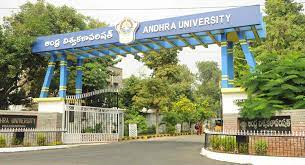
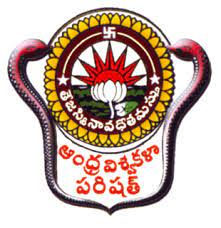
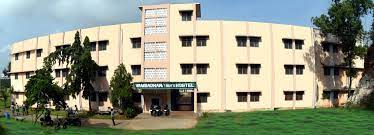
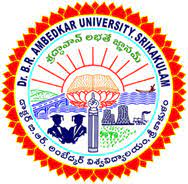
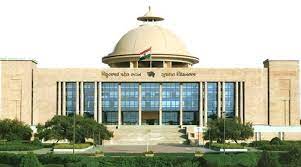
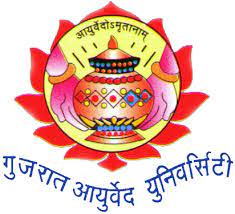
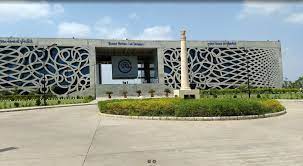
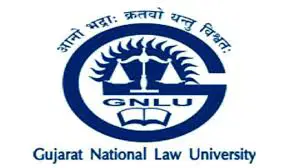
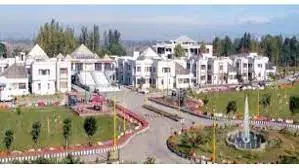
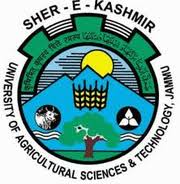
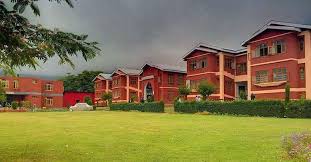
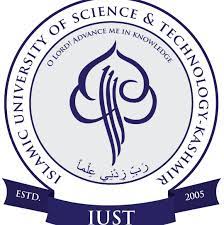
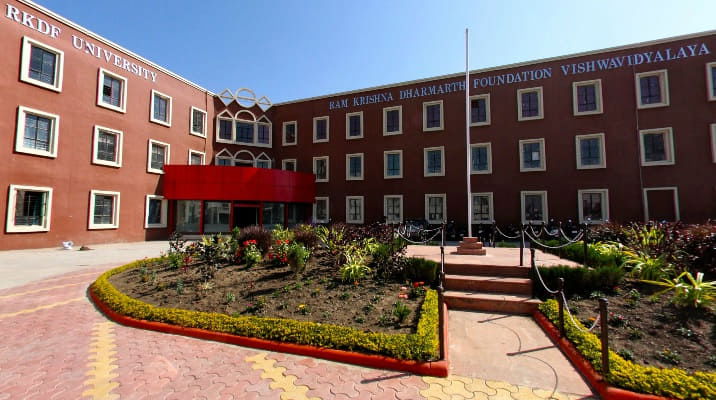


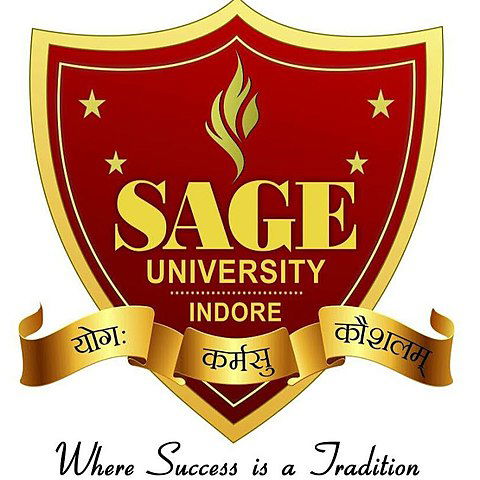


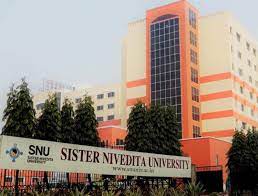
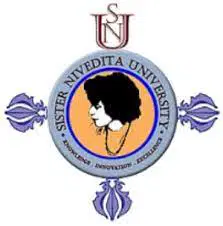
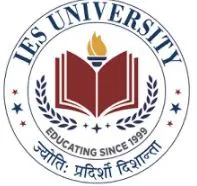
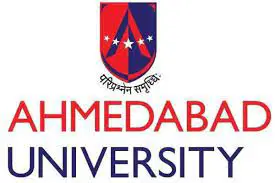


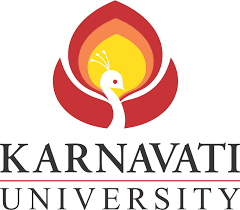

 back
back